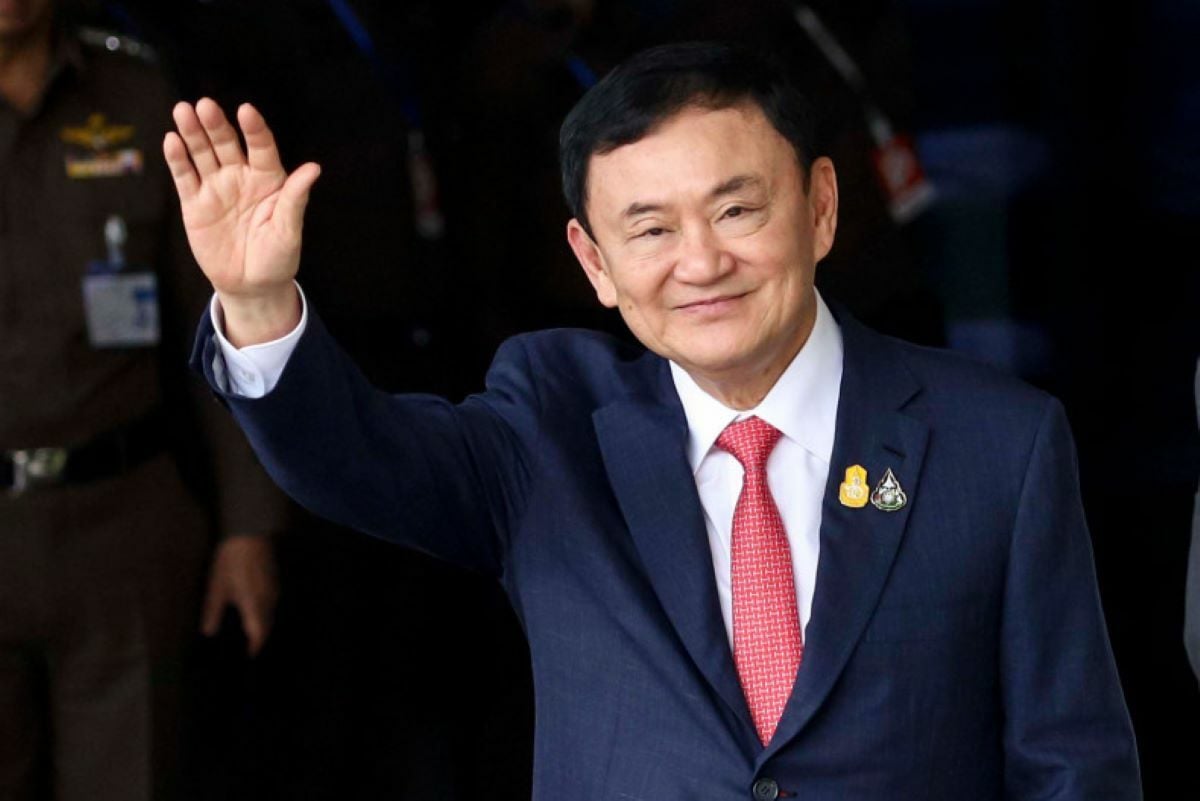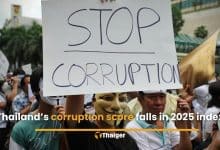MPs probe Thaksin’s alleged special treatment during detention

A House committee announced plans to convene tomorrow, November 5, to investigate allegations of preferential treatment afforded to former Prime Minister Thaksin Shinawatra during his incarceration at the Police General Hospital.
The inquiry is a part of a broader discussion on reforming the justice system, with Thaksin’s case drawing significant attention.
Leading the charge is the committee on state security, border affairs, national strategy, and reform, which is chaired by Rangsiman Rome, a listed member of Parliament from the People’s Party, the primary opposition group. The committee’s agenda includes examining the reported special treatment Thaksin received while in detention.
Several officials have been summoned to provide their insights and information. Those invited include Seri Ruam Thai Party leader Police General Sereepisuth Temeeyaves, former deputy national police Chief Police General Surachate Hakparn, Police General Hospital physician Police Lieutenant General Taweesilp Wechawitarn, and Medical Correctional Institution Director Wattanachai Mingbancherdsuk.
The push for this inquiry follows a revealing report released on July 30 by the National Human Rights Commission (NHRC), which expressed serious concerns over the preferential treatment of inmates, with a specific focus on Thaksin. The NHRC report drew attention to the ambiguous regulations concerning inmate transfers for medical treatment, which allow prisoners to remain outside prison facilities without stringent checks.
This regulation, which dates back to September 25, 2020, was sanctioned by the then Justice Minister Somsak Thepsutin with approval from a corrections committee. The report warned that such a regulation could potentially lead to misuse of power, as it only requires approval from the director-general of corrections, who then reports to the justice minister or the ministry’s permanent secretary.
A loophole
The official NHRC report detailed Thaksin’s one-year stint on the contrary side of the law was due to a loophole.
“This loophole allowed Thaksin to extend his stay outside prison for medical treatment beyond the original 120 days, from December 22 to February 18.”
In addition to the NHRC’s concerns, the National Anti-Corruption Commission (NACC) is also probing Thaksin’s extended stay at the Police General Hospital. Thaksin returned to Thailand on August 22 last year after spending 15 years in self-imposed exile.
Upon his arrival, he was transported to the Supreme Court, where he was sentenced to eight years in prison across three cases, a sentence that was later commuted to one year through royal clemency.
During his initial night at the Bangkok Remand Prison, medical personnel determined that Thaksin needed to be transferred to a hospital due to chest pain, hypertension, and low blood oxygen levels.
Although legally permitted to receive medical treatment outside of prison for 120 days, the Department of Corrections allowed Thaksin’s hospital stay to continue past the December 22 deadline.
Thaksin was eventually paroled and released from the hospital on February 18. He officially completed his one-year prison term on August 31 this year, reported Bangkok Post.
Latest Thailand News
Follow The Thaiger on Google News:


























